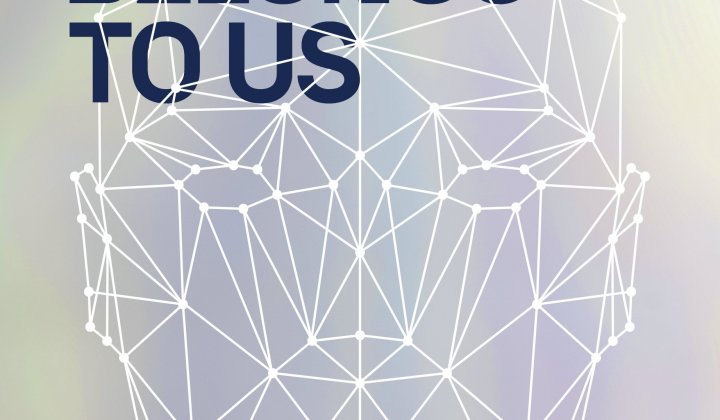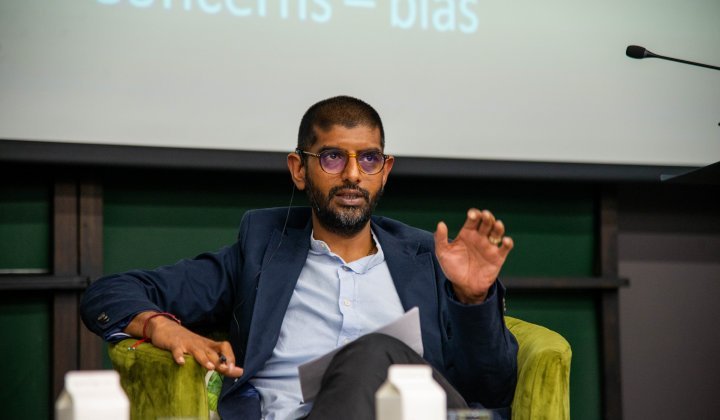Executives make decisions all the time, from the simple to the complex. Most executives would also agree that the emergence of a global marketplace and the need to take a wider range of stakeholders into account has made decision-making much more complex than ever.
At the most fundamental level, says GIBS’ Dr. Charlene Lew, decision-makers have to be aware of the dangers of bias. Bias is insidious and very hard to spot: one’s own biases operate under the radar because they are so “obvious”; other pitfalls include the tendency to group think and undue deference to expert opinion.
Dr. Lew concludes that one of the essential steps in making good decisions is to actively cultivate awareness of what forms of bias are in play.
“With that in mind, follow the best process you can – and set a time frame for making the decision to avoid the paralysis that comes from overthinking,” she advises.
EY Partner Chad Schaefer broadly agrees, adding that companies should identify the decision-making style they wish to follow in order to bring some consistency into the process.
“You also need to establish what a good decision actually is,” Dr. Lew says. Once profit was considered the main criterion in business, but nowadays an often conflicting set of criteria have to be balanced.
Other practical techniques would be to get as many different points of view as possible – while one finds it hard to spot one’s own biases, other people’s are usually very clear!
If bias is one of the fundamental realities of decision-making, then another is the seemingly eternal tussle between gut feel, intuition and experience on the one hand, and a methodical, research-based and rational approach on the other. It could be argued that the growing importance of big data and analytics tools over the past years is driving business towards this end of the spectrum.
You also need to establish what a good decision actually is...
The decision spectrum
Common sense and conventional wisdom both seem to agree that the more strategic (and thus complex) a decision is, the more the decision-maker would rely on intuition and gut feel. Many strategic decisions require new thinking about which, almost by definition, little data exists. Intuition is also frequently necessary to make connections that will take the company into new areas.
Dr. Lew uses the decision of MTN to be the first South African mobile operator to enter other African markets, and Iran, as the kind of strategic decision that probably relied rather heavily on intuition. Very little hard data on these markets existed, and executives had little or no real experience of such a venture to fall back on; in the end, they had to go with gut feel, she believes.
Another way of looking at this is to ask who is making the decision. Typically, says Dr. Lew, the more senior the executive, the more complex and ambiguous the decision-making process will be – and, of course, the more far-reaching its consequences.
“CEOs have to accept that the kinds of the decision they make fall into this category,” she says.
Kerry Chipp, a senior lecturer at GIBS, argues that science has long used a number of procedures and protocols to counteract the effects of bias. We should leverage these to improve our decision-making.
Following science’s lead, for example, we should use data to make rational decisions while being very selective about what data we use. The integrity of both the data and the research process are important, she notes.
“You’ve heard of ‘management by walking around’, but there is also ‘research by walking around’, which often means senior management mistakenly think they are gathering solid information whereas what they are receiving are random facts and impressions,” she says.
Likewise, the research industry pushes consumer panels as a means of amassing representative data. But who sits on the panel is crucial: typically, participants are young, retired or unemployed.
We also have to be wary of placing greater weight on data that supports our own conclusions, or of data samples that are too small.
Hypothesis-testing is integral to science and should be to decision-making. This means seeing all our opinions and beliefs about our business as hypotheses. If a hypothesis cannot be verified evidentially, it is considered to be incorrect.
“You must be prepared to hold your conclusions lightly,” Chipp says, something that may be hard in the typical corporate environment where decisiveness and consistency are often prized. “We must learn to value those who will change their minds based on evidence, and distrust the view that decision-makers should always be right.”
EY’s Schaefer says that at a practical level, it is important to be receptive to what story the data is telling one, rather than using data to validate decisions/conclusions. One also has to be alive to what it is not telling you, he adds.
Best of both worlds
While intuitive and scientific approaches occupy opposite ends of the decision-making spectrum, they are not mutually incompatible in the real world. A body of academic opinion argues that both should be used in making decisions: the dual approach.
Mala Padayachy is Principal Industrial Engineer at a large mining house. As part of her MBA at GIBS, she researched how senior executives in the mining industry made strategic decisions. [1] Her main conclusion was that senior managers in mining did, in fact, use a combination of intuition and data-driven rationality to make strategic decisions.
She makes the good point that the mix between intuition and rationality is affected by the nature of the decision. In mining terms, in a decision affecting a brownfield development, the usefulness of data and expert opinion is likely to be high because one is dealing with the current business. By contrast, in a greenfield situation, intuition has more of a role to play because, by definition, decision-makers have no experience and little data to rely on.
...the mix between intuition and rationality is affected by the nature of the decision.
What was perhaps unexpected was Padayachy’s finding that while the senior managers did rely to some extent on intuition, they tended to place more emphasis on rational, data-driven decision-making. The theory is that the more time people spend in an industry and the higher their level of education, the more they will tend to make decisions rationally as they will have developed a good analytical capability.
At the same time, she notes that one can never discount the role of various biases, along with ego and power plays, in shaping any final decision.
She believes one must also recognise the role of company governance frameworks and governance codes, and King IV in particular, in pushing the pendulum towards a more rational approach. King IV’s focus on articulating principles and outcomes rather than mandating actions, and its “apply and explain” ethos, mean that boards cannot take refuge in simply following a recipe: they have to explain their thinking. All of this supports a rational approach to decision-making that is easy to explain and justify.
Codes like King also highlight the heightened importance of ethics in business decision-making. One could argue that while business’s traditional profit motive supports rationality in decision-making, ethics demand even greater rationality. Ethics provide the basis for the social licence to operate, notes Rabbi Gideon Pogrund, who heads up the GIBS Ethics and Governance Think Tank but, at the same time, they demand that executives weigh up the benefits of profits today against the longer term, even multi-generational, outlook that ethical decision-making sometimes demands.
In conclusion, it is clear that decision-making in business involves striking a balance between a rational, scientific, data-based approach and the judicious use of intuition. Whatever approach is chosen, it is probably wise to articulate it clearly so that it is as transparent as possible – the best way to reduce bias. And while the growth of tools to exploit the potential of big data will likely tip the scales further in favour of rationality, intuition will always have a place.
Not to forget a healthy dash of luck.











